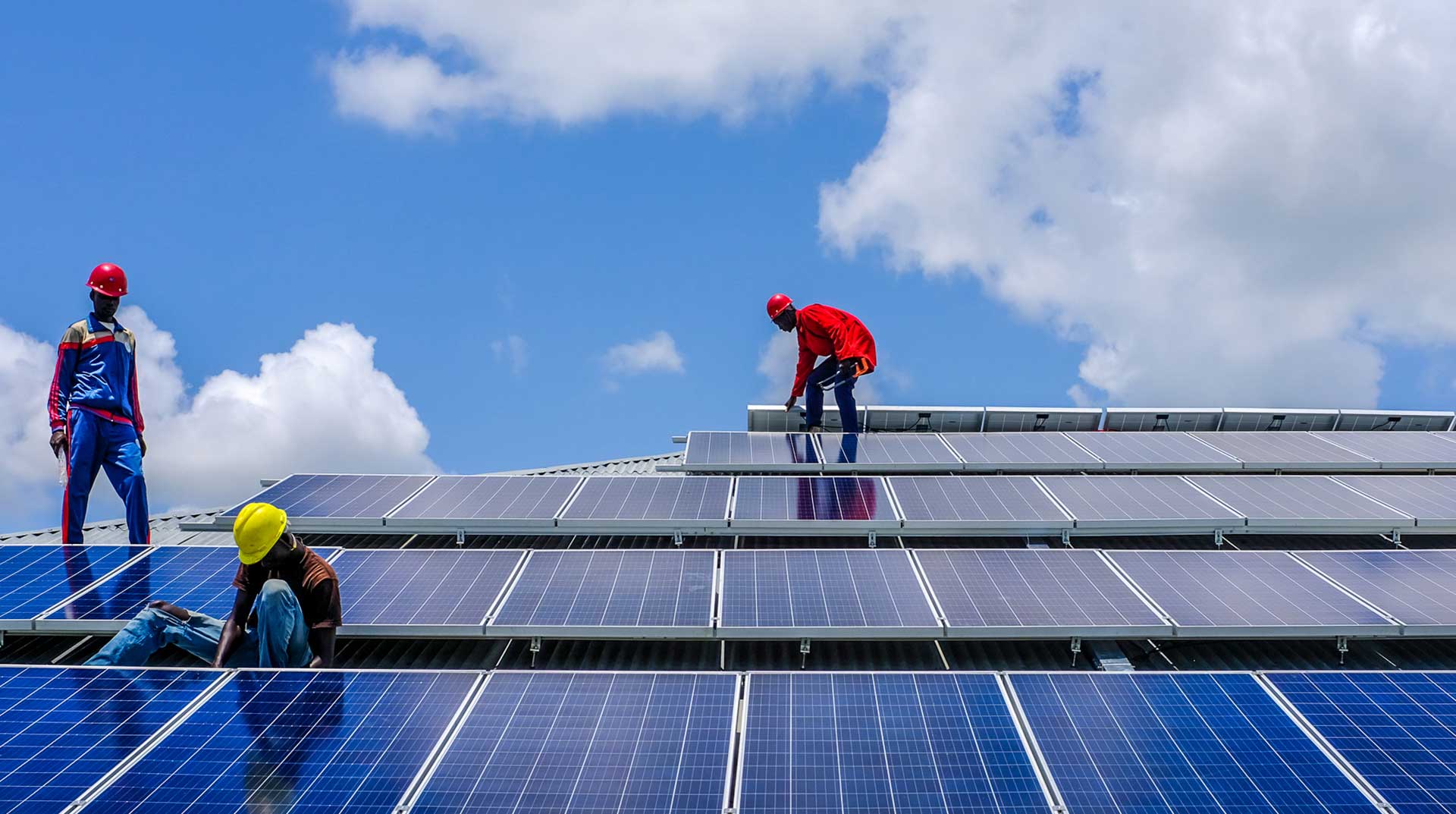
Pemba, 10th February 2024 – Mozambique continues to face significant challenges from increasing weather-related disaster risks and the impact of climate change and conflicts. Although in the middle of the rainy and cyclonic season 2024/25, the country has been already hit by Tropical Cyclones Chido and Dikeledi, which have caused widespread destruction to communities and critical infrastructure in December 2024 and January 2025 respectively.
In response to the growing need for effective disaster risk management, the Government of Mozambique represented by the National Institute for Disaster Risk Management and Reduction (INGD) and supported by the Korea International Cooperation Agency (KOICA) and United Nations Development Programme (UNDP), are investing to strengthen community resilience and social cohesion through the project "Promoting Disaster Resilience and Social Cohesion in Central and Northern Mozambique."

As part of this initiative, a Training of Trainers (ToT) programme is being conducted from 10th February to 14th February 2025 in Pemba, gathering the partners from provincial and district levels from the provinces of Niassa, Nampula and Cabo Delgado, to train them with skills in disaster risk management, social cohesion among other topics related to prevention and mitigation ensuring that all the knowledge will be transferred to local communities investing to have them better prepared to face climate shocks and prevent displacement caused by natural disasters and or conflicts.

The training will cover critical areas such as risk assessment, emergency planning, mitigation strategies, and rapid response mechanisms. Additionally, the programme will actively promote social cohesion and gender inclusion, ensuring that at least 50% of Local Disaster Risk Management Committees (CLGRD) members are women, reinforcing the essential role of gender equality in building resilient communities.
With the increasing impact of extreme weather events, this initiative represents a crucial step in ensuring community safety and sustainability. The UNDP reaffirms its commitment to supporting Mozambique in strengthening disaster risk management and fostering a more resilient and cohesive society.
A PDF version can be found HERE.
For further information, please contact:
Manuela Muianga
Programme Specialist
manuela.muianga@undp.org
Jooweong Hwang
Programme Analyst
jooweong.hwang@undp.org

 Locations
Locations



















